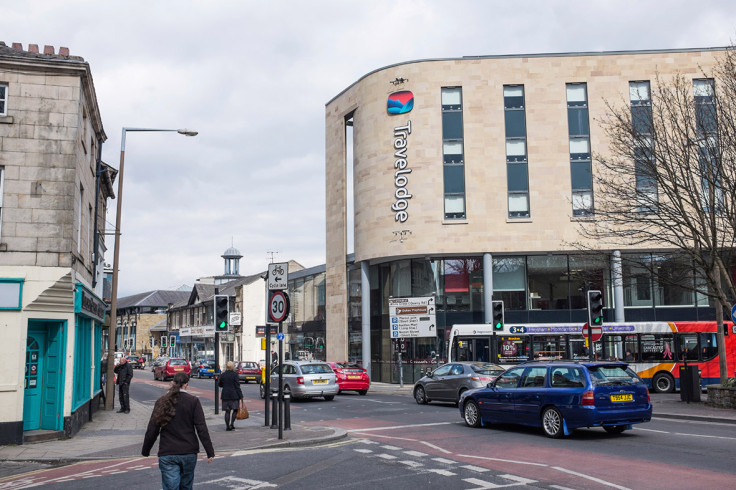Stephen Foster: Some 'Muppets' called in to aid £100m Travelodge relaunch and take on Premier Inn
One of the supposed truths about advertising is that repitches – defending your agency's account against the blandishments of rivals – aren't worth it. If a client is looking around, for whatever reason, then your time's up. Why waste time and money?
This message clearly didn't get through to CHI & Partners, an agency founded by high-profile adman Johnny Hornby and two colleagues, and now 49% owned by Sir Martin Sorrell's WPP empire.

Last autumn, CHI repitched for the big Argos retail and won it back against stiff competition and earlier this year discovered client Travelodge, which had been taking a beating at the hands of Whitbread-owned Premier Inn, was looking at alternatives too. Premier Inn is well known for its heavyweight advertising featuring comedian Lenny Henry, taking his ease in all manner of locations.
Travelodge CEO Peter Gowers can therefore be excused for reviewing his agency options. He had asked shareholders Goldman Sachs, Golden Tree Asset Management and Avenue Capital for £100m-plus (€140m, $155m) to spruce up the hotel chain – including replacing 38,000 creaky old beds – and a big chunk of this would need to be spent on advertising.
Travelodgical
CHI suggested he spends £25m or so on a campaign called Travelodgical, featuring Muppet-style puppets singing about room upgrades and value for money.
This is a big call for any company boss. He or she will know such campaigns often work but there's no guarantee, despite the thousands that will have been spent on research purporting to show they will.

In such cases, it's often easier to play safe and sign up a celebrity. These, at least, are known quantities. There's plenty of evidence that Premier Inn's Lenny Henry is popular with the public and, as a black entertainer, he ticks the diversity box too.
Travelodge decided to stick with CHI and pressed on with its puppets. The results, as the company announced last week, were sales of nearly £500m (£261m in the last six months), an underlying profit of £66.2m and an announcement that the company would float some time in the future for a proposed £1bn. Back in 2012 it had debts of £635m. Cue happy shareholders.
This isn't all down to advertising, of course, but without it none of the other expensive elements in Travelodge's relaunch would have worked, or worked so well. It needed to persuade individuals and companies (many budget hotel customers are on company business these days – Travelodge says its biggest customer is the UK government) to consider Travelodge alongside Premier Inn. Advertising is the quickest way to get that message over.
These days, most travel is booked online and Travelodge claims a million visitors a week to its website and 85,000 downloads and rising for its new app. Such online initiatives would have been in CHI's remit too.
But the key element has been good old-fashioned TV advertising, tackling its biggest rival head on by backing a brave idea and spending what it takes to get it across.
CEO Gowers agrees the advertising has been "fantastically successful". Would it have been so if Travelodge had done what most clients do in such circumstances and moved agency?
We'll never know, of course, but a combination of client loyalty (in the end) and agency tenacity certainly seems to have paid off in this instance.
Stephen Foster is editor of More About Advertising, a former editor of Marketing Week and a London Evening Standard advertising columnist. He wrote City Republic for Brand Republic and is a partner in communications consultancy The Editorial Partnership.
© Copyright IBTimes 2025. All rights reserved.






















